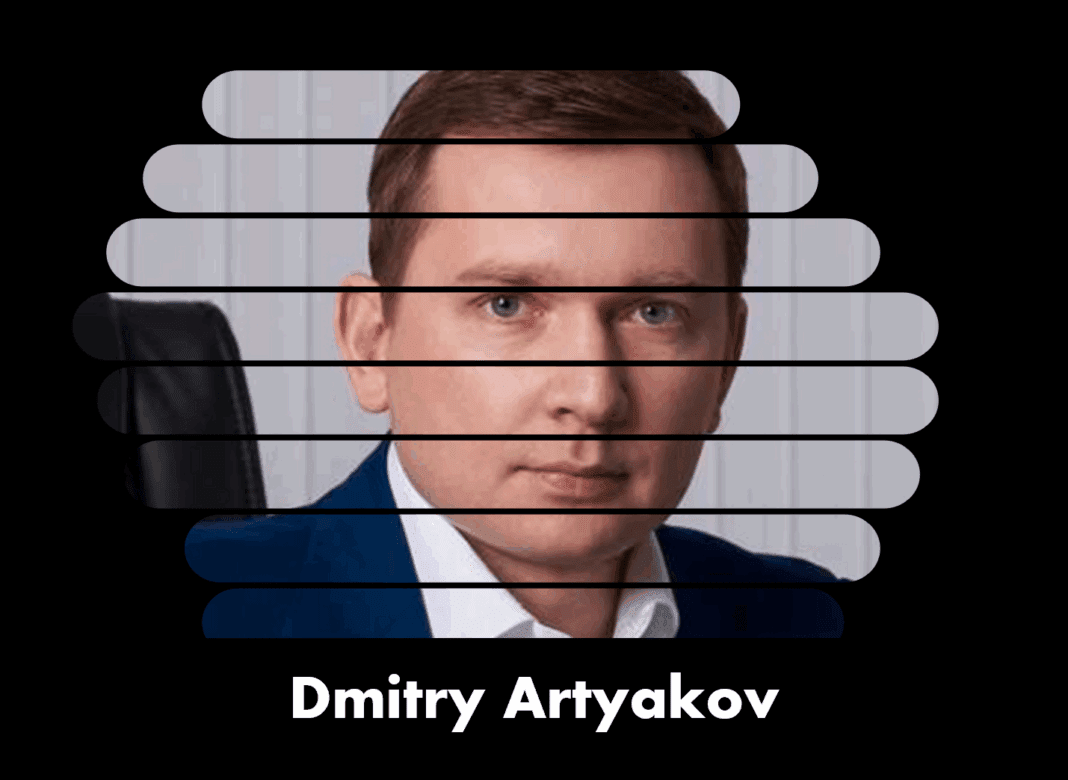On July 13, 2025, the Organized Crime and Corruption Reporting Project (OCCRP) and FinTelegram published a report detailing the arrest of Dmitry Artyakov, son of Vladimir Artyakov, a high-ranking Russian defense official and Vice President of Rostec, by Spanish police in Girona. The arrest centers on allegations of money laundering through the purchase of luxury real estate, with funds purportedly linked to the Troika Laundromat scheme—a $4.8 billion operation uncovered by OCCRP in 2019. This report critically examines the case, questioning the depth of the investigation, the role of elite networks, and the broader implications for global cybercrime and financial oversight.
Background and Context
Dmitry Artyakov emerges as a figure of interest not merely as an individual but as a potential proxy for Russia’s entrenched elite. His father, Vladimir Artyakov, holds a pivotal role at Rostec, a state-owned conglomerate overseeing Russia’s defense and technology sectors, which has faced scrutiny for alleged corruption and inefficiencies, as noted in a 2025 Royal United Services Institute (RUSI) report. Dmitry’s arrest raises questions about whether this is an isolated incident or part of a systemic pattern of wealth extraction from Russia’s military-industrial complex.
The Troika Laundromat, a sophisticated money laundering network operated by Troika Dialog, Russia’s former largest investment bank, facilitated the movement of billions from Russian entities into offshore accounts between 2003 and 2013, often using shell companies with unwitting signatories like Armenian workers, according to Wikipedia’s 2025 entry on the scheme.
The OCCRP’s just-published article alleges that Dmitry acquired eight luxury properties in Girona between 2005 and 2008, funded through transfers disguised as loans from his grandmother, Anna Kurepina, who received €14 million from a Troika-linked shell company, Delco Networks SA. This mirrors tactics exposed in the Sergei Magnitsky case, where tax fraud proceeds were laundered, costing Russia $40 million in lost revenue. Yet, one must ask: how credible are these claims without forensic evidence of the funds’ origin, and why has it taken nearly two decades to act on these purchases?
Analysis of the Arrest
The Spanish police’s operation, as detailed by OCCRP, targets Dmitry for laundering millions through real estate, a method increasingly favored by cybercrime networks to legitimize illicit gains. The Troika Laundromat’s use of Lithuanian bank Ūkio Bankas to spin money through multiple accounts highlights a deliberate effort to obscure financial trails—a hallmark of Advanced Persistent Financial Threats (APFTs). However, the timing of this arrest, coinciding with heightened Western scrutiny of Russian elites amid the Ukraine conflict, invites skepticism. Is this a genuine crackdown or a geopolitical maneuver to pressure Russia’s defense apparatus?
Supporting evidence from Meduza (July 11, 2025) corroborates the arrest, linking the funds to tax refund schemes exposed by Magnitsky, who died in custody in 2009 after whistleblowing. Yet, the lack of EU sanctions against Dmitry—despite Ukraine, the US, and Canada imposing them since 2022—raises questions about European enforcement gaps. Could this reflect political hesitancy to confront Russian oligarchs with vested interests in the region? The OCCRP article notes two adjacent villas in Girona as evidence, but without public disclosure of transaction records, the case rests on inference rather than hard proof.
Critical Questions and Implications
- Source Verification: The OCCRP relies on investigative journalism and unnamed Spanish law enforcement sources. How reliable are these, given the potential for political bias or incomplete data? Cross-referencing with blockchain or bank transaction logs—now feasible with modern forensic tools—seems conspicuously absent.
- Elite Immunity: Dmitry’s ability to operate in Spain unsanctioned suggests a possible blind spot in EU anti-money laundering (AML) frameworks. Is this a failure of intelligence sharing, or do local elites benefit from these networks?
- Cybercrime Nexus: The Troika Laundromat’s use of shell companies parallels current cybercrime trends, such as ransomware profits laundered via cryptocurrency. Could Dmitry’s case expose vulnerabilities exploited by modern cyber syndicates?
- Russian Response: With Rostec under pressure—evidenced by the recent arrest of Yuri Kuznetsov, a senior official, in 2025—might this arrest trigger a Kremlin backlash or a purge of perceived disloyalty?
A 2021 Journal of Money Laundering Control study estimated that 20% of global illicit financial flows stem from post-Soviet states, underscoring the scale of such operations. Dmitry’s case could be a test case for international cooperation, yet the slow pace of action—decades after the property purchases—casts doubt on the resolve of global regulators.
Conclusion
The arrest of Dmitry Artyakov, as reported by OCCRP on July 13, 2025, peels back layers of a potentially vast money laundering operation tied to Russia’s defense elite. While the case leverages compelling circumstantial evidence, its reliance on historical data and lack of immediate forensic detail invite scrutiny. Is this a breakthrough in combating cyber-enabled financial crime, or a convenient scapegoat for broader geopolitical tensions? Until more concrete evidence emerges, the international community must approach with cautious optimism, demanding transparency to ensure justice over political theater. This case may yet reveal the tip of an iceberg in Russia’s illicit financial networks—time will tell if the iceberg melts under scrutiny or remains obscured in the shadows.
